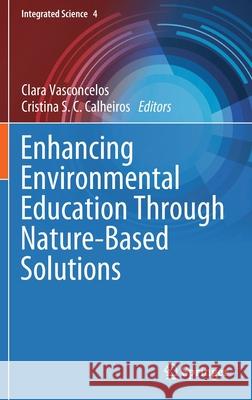Enhancing Environmental Education Through Nature-Based Solutions » książka
topmenu
Enhancing Environmental Education Through Nature-Based Solutions
ISBN-13: 9783030918422 / Angielski / Twarda / 2022 / 446 str.
Enhancing Environmental Education Through Nature-Based Solutions
ISBN-13: 9783030918422 / Angielski / Twarda / 2022 / 446 str.
cena 726,29
(netto: 691,70 VAT: 5%)
Najniższa cena z 30 dni: 693,97
(netto: 691,70 VAT: 5%)
Najniższa cena z 30 dni: 693,97
Termin realizacji zamówienia:
ok. 16-18 dni roboczych.
ok. 16-18 dni roboczych.
Darmowa dostawa!
Kategorie:
Kategorie BISAC:
Wydawca:
Springer
Język:
Angielski
ISBN-13:
9783030918422
Rok wydania:
2022
Ilość stron:
446
Waga:
0.79 kg
Wymiary:
23.39 x 15.6 x 2.54
Oprawa:
Twarda
Wolumenów:
01
Dodatkowe informacje:
Wydanie ilustrowane











